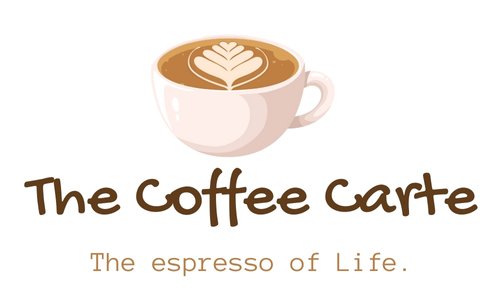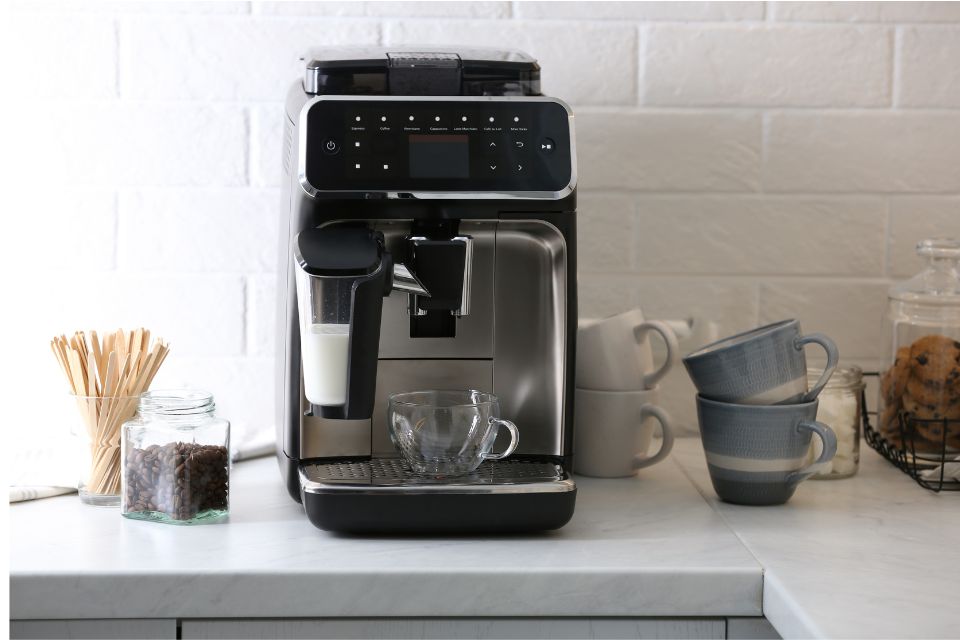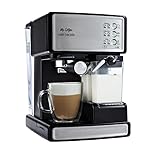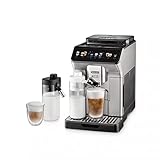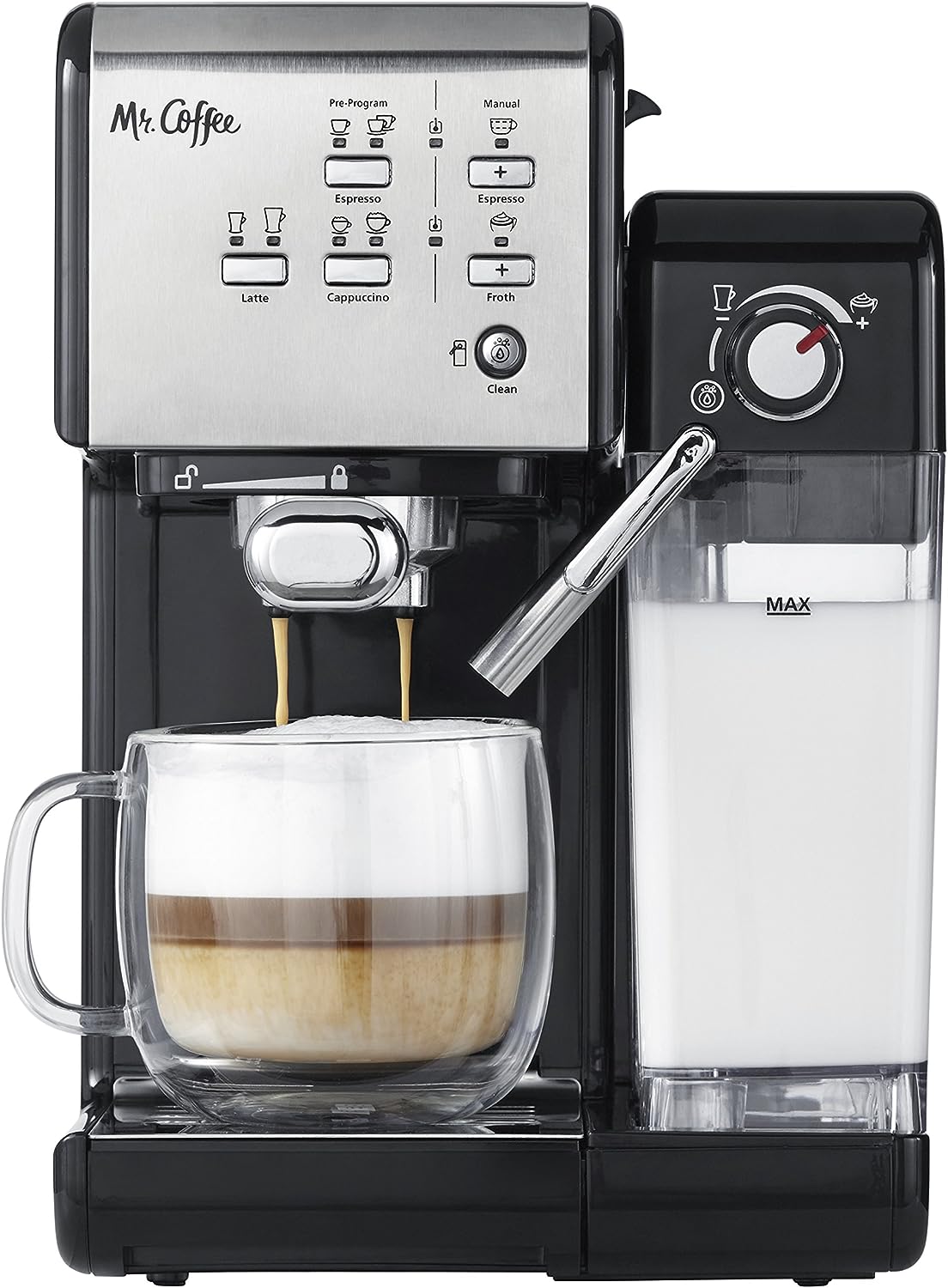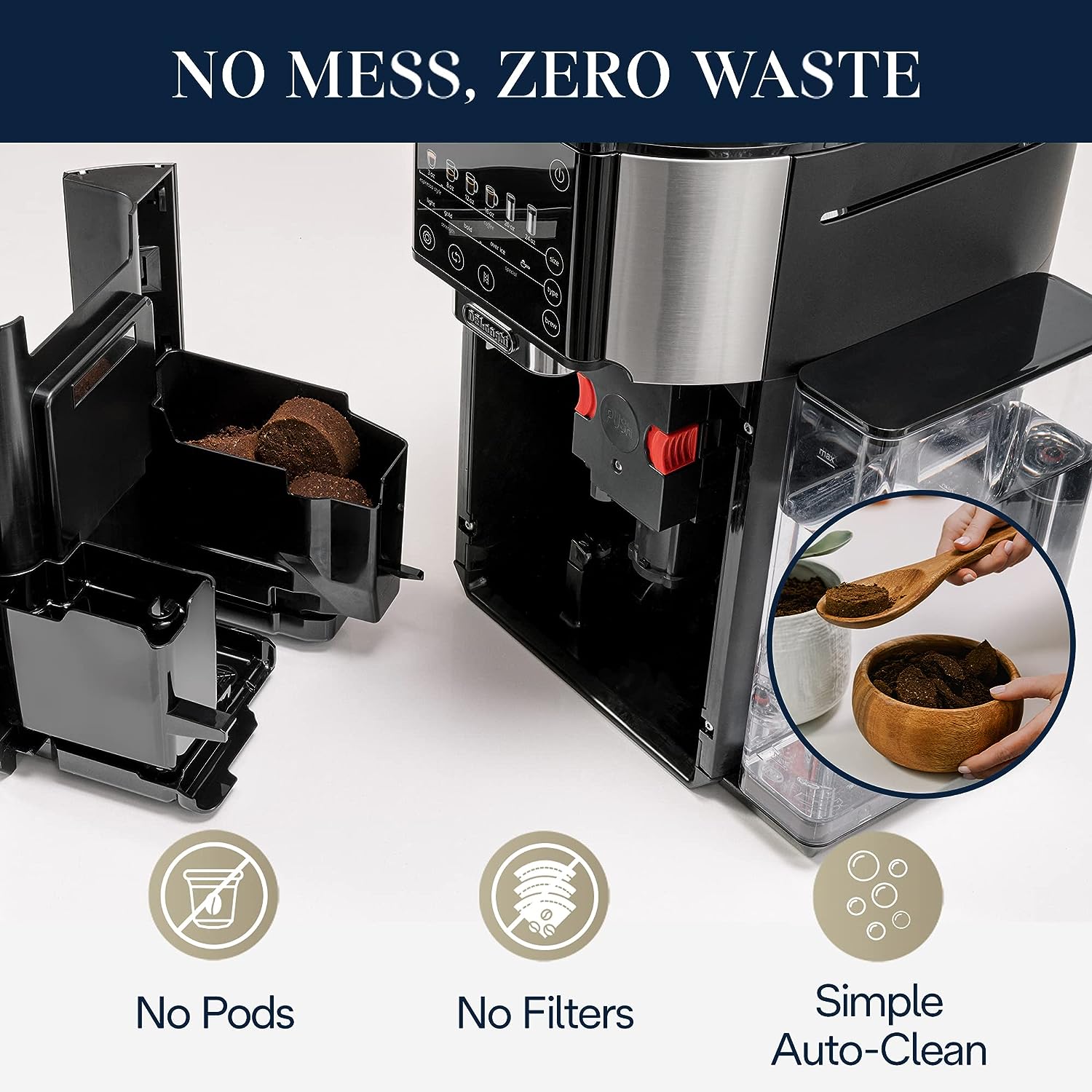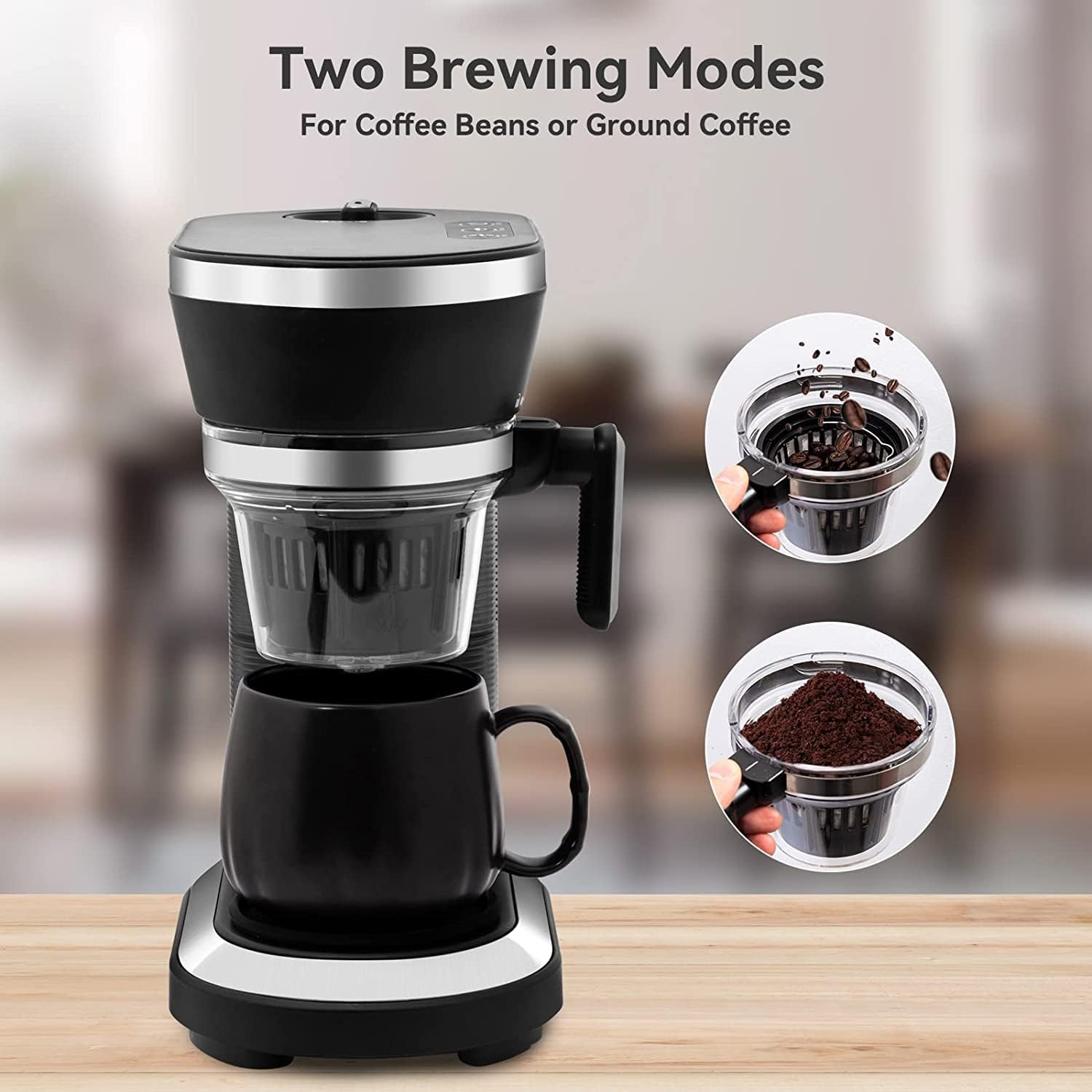The art of brewing the perfect espresso starts with selecting the right machine to suit your coffee needs, but how much do espresso machines actually cost? With a wide range of options available in today’s market, it can be daunting to find one that fits within your budget.
In this blog post, we will explore various factors affecting the cost of these machines and provide an overview of their average price ranges.
As you venture into the world of specialty coffee and barista-style brewing, join us on this journey to discover an espresso machine that meets not only your requirements but also your finances.
Key Takeaways
- Espresso machines vary widely in price depending on brand, type, and features.
- Entry-level machines can cost between $100 to $400, mid-range models range from $500 to $1,000 while high-end espresso machines can cost between $1,000 and $6,000+.
- Investing in a higher-end machine could potentially provide better quality coffee and last longer due to its higher build quality.
- It’s important to consider your needs before purchasing a machine as there are four main types of machines: manual, semi-automatic, automatic, and super-automatic.
Factors Affecting The Cost Of Espresso Machines
The cost of espresso machines is affected by factors such as the brand and model, type of machine, and features and functions included.
Brand And Model
When searching for the perfect espresso machine, one of the first things to consider is the brand and model. Brands like Breville, DeLonghi, Gaggia, and Rancilio have gained a reputation in the market for manufacturing high-quality machines that deliver consistent results over time.
For example, if you’re eyeing an entry-level machine that produces great-tasting espresso without breaking the bank – consider Gaggia Classic Pro or Breville Bambino Plus.
These machines are priced between $400 and $700 as mentioned earlier while providing essential features needed by beginners (Fact 1). On the other hand, commercial-grade units from Nuova Simonelli and Rocket Espresso cater to businesses with their top-of-the-line options like Oscar II Espresso Machine or Dual Boiler Espresso (Facts 4 & 5).
Type Of Espresso Machine
The type of espresso machine you choose will greatly affect its price. There are four main types of machines: manual, semi-automatic, automatic, and super-automatic. Manual machines require the user to manually control the water flow and pressure, making them difficult to use but great for getting that authentic barista experience.
Semi-automatics have a few automated features such as temperature regulation while still allowing users to have some control over the brewing process. Automatic machines automate most processes and are much easier to use than their manual counterparts.
As an espresso beginner, it may be tempting to opt for a lower-priced entry-level machine or even a pod-based solution like Nespresso; however, keep in mind that these options often sacrifice quality for convenience.
Investing in a high-quality semi-automatic or automatic machine can make all the difference in your daily cup of coffee.
Features And Functions
Understanding the features and functions of an espresso machine is crucial when considering which one to purchase. Some machines come with basic features, while others have more advanced options that can make brewing coffee easier and more efficient.
One essential feature to look for in an espresso machine is a milk frother, which allows you to create creamy cappuccinos and lattes.
Another important consideration is whether you want a manual or automatic machine. Manual machines require some skill to operate but allow you full control over the brewing process, while automatic machines are easy-to-use and take care of most of the work for you.
In addition, some espresso machines offer single-serve capability through pods or capsules.
Overall, it’s worth investing in a higher-end model if you plan on using your espresso machine regularly or running a business.
Average Cost Of Espresso Machines
Entry-level machines cost from $100 to $400, mid-range models range from $500 to $1,000, and high-end espresso machines can cost between $1,000 and $6,000+.
Entry-level Machines
Espresso machines for beginners are widely available in the market, with entry-level options offering a great start to your espresso journey without breaking the bank. Here is a breakdown of some popular entry-level machines along with their average costs:
It is essential to remember that the quality and features of an entry-level espresso machine can impact the overall espresso experience. Therefore, it’s crucial to choose a machine that best caters to your needs and budget.
Mid-range Machines
Mid-range espresso machines can be a great option for those who want to upgrade their coffee game without breaking the bank. These machines typically cost between $700 and $1,500 and offer more features than entry-level models. For example, they may have multiple boilers or programmable settings that allow you to customize your brew. Some popular mid-range options include the Breville Barista Express and Rancilio Silvia M V5.
While mid-range espresso machines are pricier than entry-level models, they’re often a worthwhile investment if you’re serious about making high-quality coffee at home. With more advanced features, these machines give you greater control over your brewing process and produce better-tasting shots of espresso. Plus, they tend to last longer than cheaper models thanks to their higher build quality.
High-end Machines
For those who are serious about their coffee and have the budget for it, high-end espresso machines can provide a premium brewing experience. These machines often boast advanced technology, sleek designs, and impressive build quality that can withstand heavy daily use. High-end models from brands like La Marzocco, Slayer Espresso, and Synesso can start at around $6,000.
But with these higher prices comes added functionality such as programmable options for temperature and pressure control, dual boilers for faster steaming times, pre-infusion settings to enhance flavor extraction, and more. Additionally, some high-end machines also offer unique features like manual lever operation or customizable shot timers to bring out the artistry of making espresso. Ultimately though- no matter your budget – there’s an espresso machine out there waiting to be your perfect match!
Is Espresso just really strong coffee?
While espresso may taste like very strong coffee to some, there’s more to this beloved beverage than meets the eye. Making espresso involves forcing hot water through finely-ground coffee under high pressure – a process that differentiates it from brewing traditional drip coffee. So, is espresso just really strong coffee? The answer requires a deeper dive into the intricate world of coffee brewing and espresso machines.
The core of a good espresso shot lies in the brewing process, which requires a quality espresso machine. A good machine, be it a commercial espresso machine for a café or a model for home use, is designed to control the precise variables needed to brew espresso. The popularity of espresso drinks has led to a wide range of espresso machines on the market, from automatic espresso makers and super-automatic machines to manual espresso machines and affordable models without too much of a learning curve.
Commercial espresso machines cost more, owing to their ability to withstand high-volume usage, steam milk efficiently, and brew café-quality espresso. However, home baristas can also achieve a cup of great espresso with less expensive models, providing a much-desired home barista experience. Automatic coffee machines and super-automatic espresso makers, for instance, are designed to make consistent espresso shots and other coffee beverages without the need for manual intervention.
Regardless of the type of espresso maker, the key to great espresso lies in using freshly ground coffee beans, the right amount of coffee, and the correct water temperature. Achieving this balance ensures a good, strong, and flavorful cup of espresso that surpasses a traditional strong cup of coffee.
So, when you’re enjoying your favorite coffee at your favorite coffee shop or at home, remember that the espresso you’re savoring isn’t merely strong coffee. It’s a testament to the skill of your barista or the quality of your machine, and the unique process that goes into making each shot of espresso. Whether you’re thinking of buying a machine or just wondering how much an espresso machine costs, remember that the investment can pave the way for a truly enhanced coffee experience!
Is It Worth It To Get An Espresso Machine?
As a coffee lover, you may have wondered, “Is it worth it to buy an espresso machine?” The answer can depend on several factors, including your budget, your coffee preferences, and how often you plan to use it. But, when you consider the broader picture, the answer is often a resounding “Yes”.
Espresso machines, while they can be more expensive than traditional coffee makers, offer a level of customization and control that coffee aficionados often seek. They allow you to grind your beans to the desired coarseness with an espresso grinder, determine the exact amount of water through the coffee, and control the brew time. This opens up a world of coffee and espresso drinks that you can make from the comfort of your home.
Commercial espresso machines offer commercial-grade espresso and are usually built to withstand the demands of a busy coffee shop. But if you’re a home barista who just wants great coffee without having to step out of the house, there are affordable machines designed for home use that don’t compromise on quality.
From automatic espresso machines to semi-automatic and manual ones, there’s a machine that’s perfect for your needs and budget. Some popular espresso machines, for instance, come equipped with a side function that allows you to steam milk for lattes and cappuccinos.
While stovetop espresso makers and other machines can brew a decent espresso, they usually can’t provide the same level of control and quality that a dedicated espresso machine can. Moreover, investing in a high-quality machine can often mean the difference between a good and a great cup of coffee.
So, when you consider how much an espresso machine costs, think about the potential savings over time, especially if you regularly spend on café visits. Investing in the best espresso machines available within your budget could mean the convenience of brewing traditional espresso or experimenting with different drinks at home.
Ultimately, the decision to get an espresso machine should be based on your love for coffee, your willingness to learn the art of brewing and the value you place on the quality of your espresso. For many coffee lovers, these machines really are worth the investment.
Conclusion: Finding The Right Espresso Machine For Your Budget
In conclusion, the cost of an espresso machine varies widely depending on several factors. Factors like brand, type, features, and build quality determine the price range.
An entry-level espresso machine can cost between $100 to $400 while mid-range machines go for roughly $600 to $800.
When purchasing an espresso machine for home or business use, it’s essential to consider your budget and needs before making a decision.
Whether you’re a beginner in brewing barista-style coffee or seeking commercial-grade equipment for your coffee shop or restaurant business—there is something available within every price point.
Can you afford it?
Yes! There are many affordable options out there that can still produce great-tasting espressos with consistent results such as manual or semi-automatic models that allow greater control over the brewing process without breaking the bank; it’s all dependent upon your preferences and budget limitations when choosing which one suits you best.
